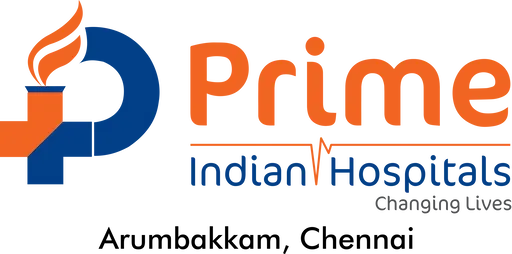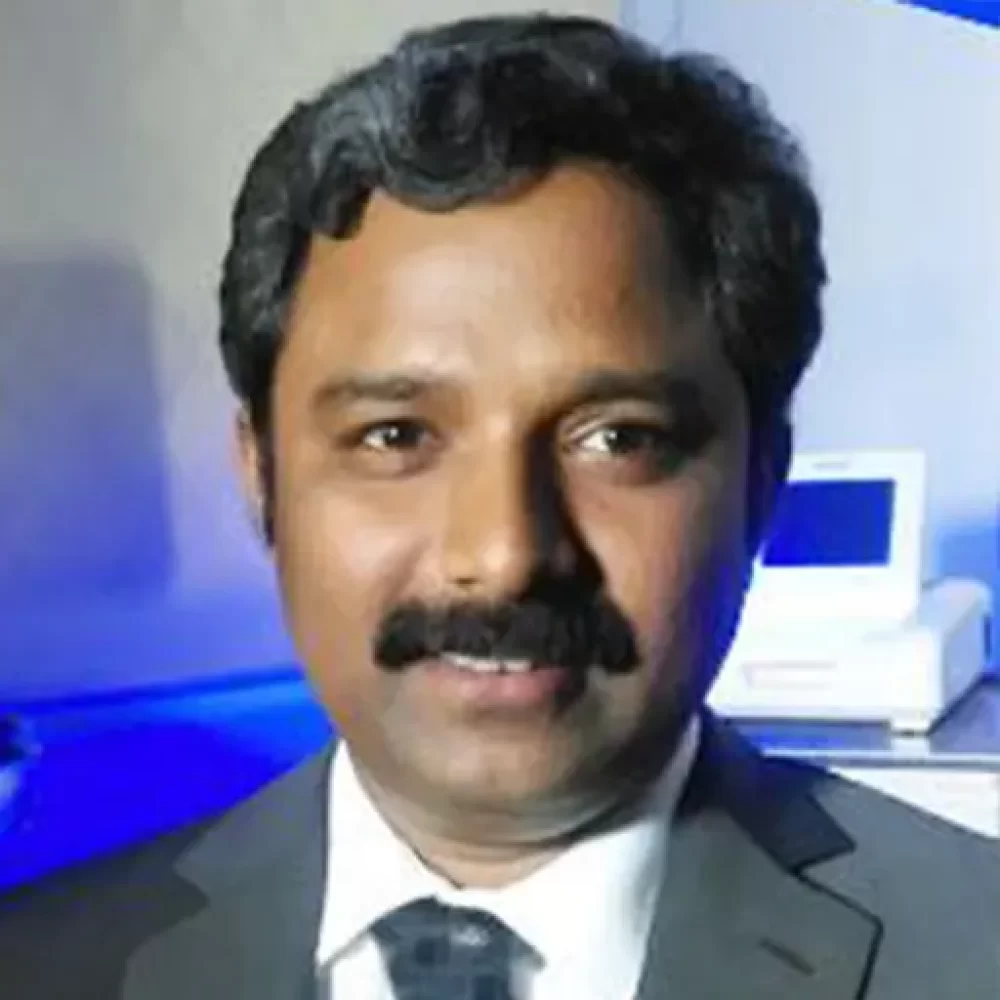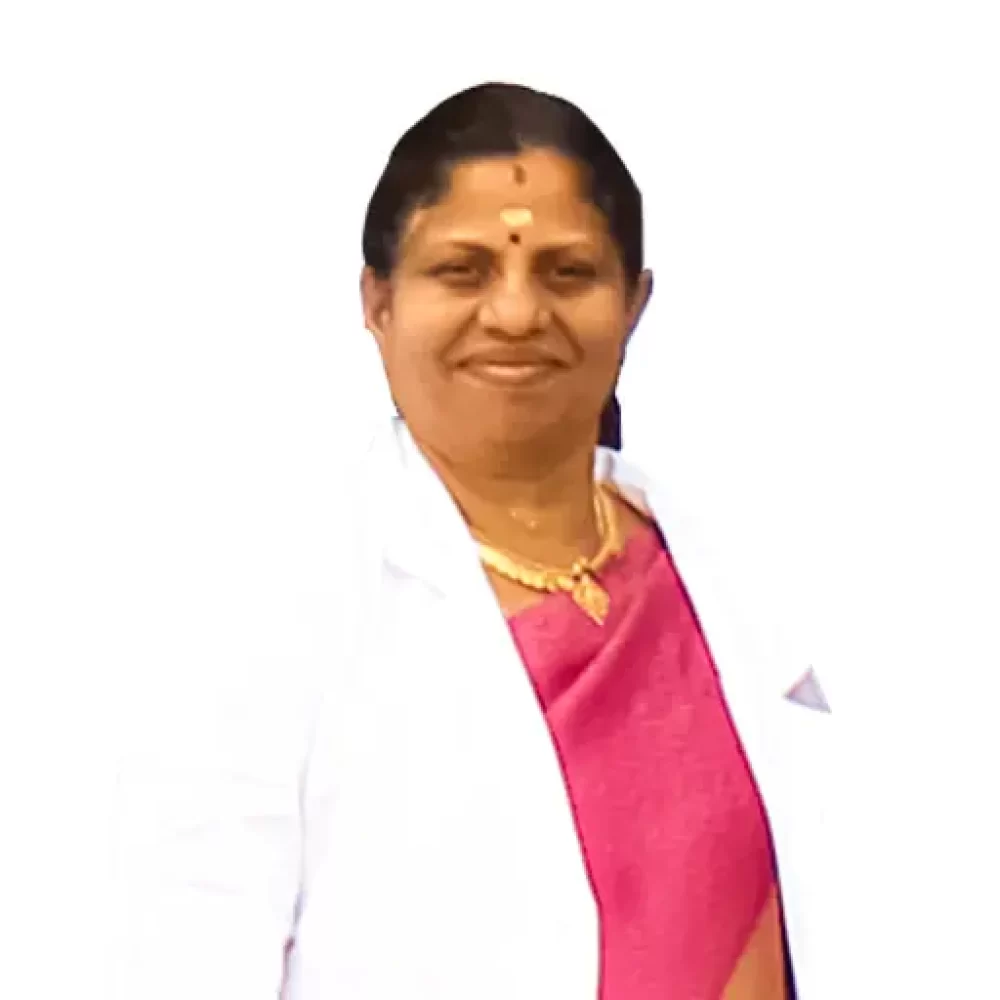Gallbladder & pancreatic disorders are medical conditions that affect two crucial organs in the digestive system the gallbladder and pancreas. The gallbladder stores bile, which helps in fat digestion, while the pancreas produces enzymes that aid in digestion and regulates blood sugar. Disorders related to these organs can significantly impact digestive health and overall well-being. Conditions such as gallstones, pancreatitis, and pancreatic cancer are some of the most common issues that affect these organs. Gallbladder and pancreatic disorders treatment in Chennai may vary in severity, from mild discomfort to life-threatening complications. Early detection and treatment are critical for improving outcomes and preventing further complications.
What is Gallbladder & Pancreatic Disease?
Gallbladder and pancreatic diseases involve disorders that affect digestion and metabolism. The gallbladder stores bile, which aids in fat digestion, while the pancreas secretes enzymes and hormones like insulin. Issues such as gallstones, inflammation (cholecystitis), pancreatitis, and tumors can impair their function. These conditions often present similar symptoms, complicating diagnosis. Early and specialized care is essential for effective management. Patients seeking gallbladder and pancreatic disorders treatment in Chennai can access advanced diagnostic and surgical care under experts like Dr. R. Kannan at Prime Indian Hospital.
Causes of Gallbladder & Pancreatic Disorders
Gallbladder and pancreatic disorders arise from various causes that interfere with the normal function of these digestive organs. One of the most common gallbladder issues is gallstones, which develop due to cholesterol imbalances in bile. These stones can block bile ducts and cause inflammation. Infections or tumors may also affect the gallbladder, leading to chronic inflammation and dysfunction. Individuals with obesity, diabetes, or high-fat diets are at higher risk.
For the pancreas, acute pancreatitis often results from gallstones or heavy alcohol consumption, causing inflammation due to activated digestive enzymes. Chronic pancreatitis can develop from ongoing alcohol abuse, genetic mutations, or autoimmune disorders. Pancreatic cancer may stem from genetic factors, chronic inflammation, or smoking.
Other contributing factors include:
- Infections: Viral or bacterial infections may trigger organ inflammation.
- Metabolic Conditions: High triglyceride levels and uncontrolled diabetes increase susceptibility.
- Lifestyle Factors: Sedentary lifestyle, poor diet, and tobacco use contribute to both gallbladder and pancreatic dysfunction.
- Obstruction of ducts: Blockage in bile or pancreatic ducts can disrupt enzyme flow, causing pain and complications.
Individuals experiencing recurrent abdominal pain or digestive issues should seek gallbladder and pancreatic disorders treatment in Chennai to prevent complications and receive timely care.
Symptoms of Gallbladder & Pancreatic Disorders
Gallbladder and pancreatic disorders often share overlapping symptoms that can range from mild discomfort to life-threatening emergencies. Recognizing these early is crucial for timely intervention.
Common symptoms of gallbladder disease include:
- Right upper abdominal pain: This is typically triggered after fatty meals and may radiate to the back or shoulder.
- Nausea and vomiting: Especially after meals, suggesting bile flow disruption.
- Fever and chills: Often seen in gallbladder infections like cholecystitis.
- Jaundice: Yellowing of skin or eyes, indicating bile duct blockage.
Pancreatic disease symptoms may include:
- Severe upper abdominal pain: Radiating to the back and often worsened by eating.
- Unintentional weight loss: Seen in chronic pancreatitis or pancreatic cancer due to enzyme insufficiency.
- Greasy, foul-smelling stools (steatorrhea): Indicating malabsorption of fats.
- Diabetes symptoms: Including increased thirst, urination, or fatigue due to insulin deficiency.
- Nausea and bloating: Sign of inflammation or enzymatic imbalance.
If persistent symptoms arise, especially in high-risk individuals, it is advised to consider gallbladder and pancreatic disorders treatment in Arumbakkam. Specialists like Dr. R. Kannan offer tailored diagnostic evaluations and effective treatments at Prime Indian Hospital.
Diagnosis of Gallbladder & Pancreatic Disorders
Accurate diagnosis of gallbladder and pancreatic disorders involves a combination of medical history, physical examinations, lab tests, and imaging.
- Ultrasound: The primary tool for detecting gallstones, gallbladder wall thickening, or ductal obstructions.
- CT Scan or MRI: Offers detailed visualization of pancreatic inflammation, necrosis, tumors, or cysts.
- Endoscopic Ultrasound (EUS): Enables high-resolution images of both organs and is particularly useful in detecting early pancreatic lesions or microlithiasis.
- ERCP (Endoscopic Retrograde Cholangiopancreatography): Combines endoscopy and fluoroscopy to detect and sometimes treat ductal blockages.
- Liver Function Tests (LFTs): Abnormal enzyme levels may indicate bile duct obstruction or liver involvement.
- Amylase and Lipase Tests: Elevated levels point toward acute or chronic pancreatitis.
- Biopsy or Cytology: In suspected cancer cases, tissue sampling may be required for confirmation.
Early and accurate diagnosis plays a crucial role in deciding the appropriate management. Patients experiencing recurring symptoms should not delay undergoing comprehensive evaluations. Advanced facilities offering gallbladder and pancreatic disorders treatment in Chennai, including Prime Indian Hospital under the care of Dr. R. Kannan, ensure reliable diagnostics and expert interpretation tailored to individual needs.
Prevention of Gallbladder & Pancreatic Disorders
Preventing gallbladder and pancreatic disorders involves adopting lifestyle changes and managing predisposing health conditions.
- Maintain a healthy diet: A diet low in saturated fats and rich in fiber helps prevent gallstone formation and reduces pancreatic inflammation. Incorporating fruits, vegetables, and lean proteins supports digestive health.
- Regular physical activity: Exercise helps regulate body weight, reduces cholesterol levels, and improves insulin sensitivity—key factors in preventing both gallbladder and pancreatic issues.
- Avoid excessive alcohol intake: Alcohol is a major cause of acute and chronic pancreatitis. Limiting consumption significantly lowers risk.
- Manage cholesterol and triglycerides: Controlling these levels helps reduce the chances of stone formation and metabolic complications.
- Quit smoking: Tobacco use increases the risk of pancreatic cancer and chronic pancreatitis.
- Timely management of gallstones: Treating gallstones early can prevent them from migrating to the pancreas and causing pancreatitis.
- Monitor and manage diabetes: As the pancreas produces insulin, uncontrolled diabetes can worsen pancreatic stress and impair function.
Adopting preventive measures can significantly lower the likelihood of disease. For those at higher risk, regular health screenings are advised. Centers offering gallbladder and pancreatic disorders treatment in Chennai provide preventive care and patient education. Prime Indian Hospital in Arumbakkam is equipped for holistic risk reduction and early management strategies.
Treatment for Gallbladder & Pancreatic Disorders
Treatment for gallbladder and pancreatic disorders depends on the specific condition, severity, and overall health of the patient.
Gallbladder treatments include:
- Medications: Bile acid pills may dissolve small cholesterol stones in select patients.
- Cholecystectomy: The most common treatment, involving surgical removal of the gallbladder, especially when gallstones cause repeated symptoms or complications. This can be done laparoscopically for faster recovery.
- Antibiotics: Used in infections like acute cholecystitis to prevent sepsis.
Pancreatic disease treatments include:
- Hospitalization and fasting: In acute pancreatitis, rest from eating allows the pancreas to heal.
- Pain management and IV fluids: Crucial for symptom relief and stabilization.
- Enzyme replacement therapy: For chronic pancreatitis, digestive enzyme supplements improve nutrient absorption.
- Insulin therapy: Required if the pancreas no longer produces adequate insulin.
- Surgical interventions: Necessary in some cases for drainage of cysts, removal of tumors, or ductal blockages.
Advanced centers for gallbladder and pancreatic disorders treatment in Chennai, such as Prime Indian Hospital, provide integrated medical, surgical, and nutritional care. Under the guidance of specialists like Dr. R. Kannan, patients benefit from expert-led gallbladder treatment in Chennai and pancreatic disease treatment in Chennai, including cutting-edge diagnostics and tailored therapy options.
Conclusion
Gallbladder and pancreatic diseases, though often silent in early stages, can lead to serious health issues if untreated. Symptoms like abdominal pain, jaundice, or digestive changes should prompt medical attention. With timely diagnosis and appropriate intervention, most of these conditions can be managed or even cured. Prime Indian Hospital in Arumbakkam, led by Dr. R. Kannan, offers advanced gallbladder and pancreatic disorders treatment in Chennai, ensuring patients receive specialized care with high clinical standards and a patient-focused approach.














